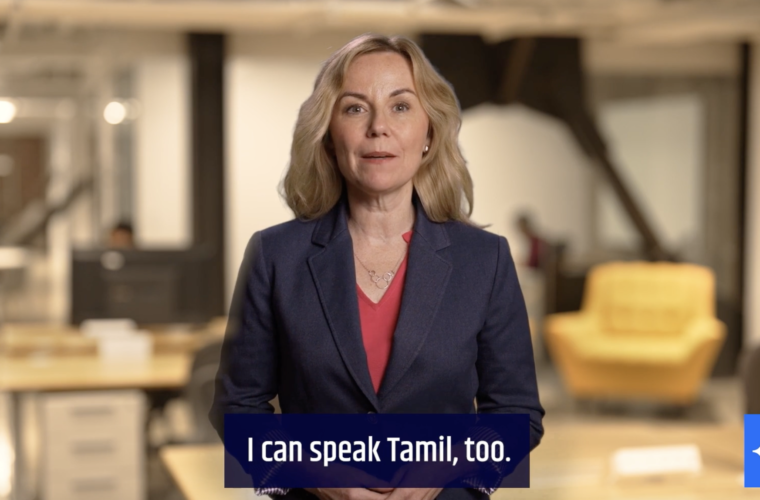19 November is International Men’s Day (IMD) in many countries around the world. When at-tempts are being made to erase the gender gap affecting women in civil, social and professional spheres, the question to be asked is whether an anniversary dedicated to men makes sense. To un-derstand this, we have to go back in time and trace the origins of an occasion created to celebrate the contribution made by men to the political, social, economic and cultural achievements that have taken place throughout history.

Beyond the early discussions of the 1960s, when journalists such as John P. Harris questioned the imbalance caused by the establishment of an International Women’s Day, later officially recognised by the United Nations in the face of the lack of a holiday for men, the first projects to cele-brate the male were organised in the early 1990s. However, the lack of attention and diffusion of the idea generated an almost immediate halt everywhere, except Malta, where IMD was always celebrated from 1994 onwards, even if it was in February and not on 19 November, as was later established internationally.

Origins in Trinidad & Tobago
It was precisely the small country in the Mediterranean Sea that had partly taken on board the dic-tates of Jerome Teelucksingh, a professor of history at the West Indies University of Trinidad and Tobago, who, in his research, also focused on the role of masculinity in society and brought International Men’s Day back into the limelight to honour those who strive for gender equality and seek to remove the negative conceptions associated with men in modern society.
On the premise that the celebration of men should not be seen in opposition to the celebration of women, as the aim is to spread positive role models helpful in creating a balanced and inclusive society. Also, because, looking first at newspaper reports and then at social media narratives, de-spite being numerically much more consistent, virtuous examples struggle to emerge compared to the negative counterbalance that is easily disseminated, ending up being the basis on which stereo-types are built that are difficult to eradicate in the collective imagination.

The six pillars
International Men’s Day revolves around six aims which, in addition to the promotion of positive role models (of international stars, but above all of the ordinary men), aim to exalt the contribu-tions that have left their mark within communities and families but also in the care of children and the defence of the environment. With the hope of creating a safer world that facilitates people to reach their potential, the IMD also focuses on less debated aspects of men’s lives, especially phys-ical and psychological health.
The data says that men have a suicide rate almost three times higher than women, that they die on average about 4-5 years earlier than women, and that they are almost twice as likely to get lung cancer and heart disease than women. To this list must be added other aspects that weigh on men’s lives and affect those of their families, such as parental leave, which in many countries is still limited to just a few days for fathers, or trends that are little talked about, such as the difference in schooling between the two sexes, with school dropout affecting men to a large extent and some-times linked to unemployment, poverty, family difficulties and marginalisation.
Stressing once again that this is not a male/female competition, this is information to be consid-ered when discussing the gender gap to improve things and make us all live better.

The focus on health
The data, therefore, shows how important it is that we all work together to reduce the general gap on all fronts. This is why it is necessary to look at Romania, which in 2016 was the first European country to establish by law 19 November as National Men’s Day. And again, this is why the exam-ple of Scotland and Northern Ireland, where for years IMD has been an opportunity to reflect on men’s health and the need to take care of one’s health and rely on adequate services to do so, is significant.
According to International Men’s Day UK, which each year creates initiatives throughout Novem-ber and raises funds for charities that support the wellbeing of boys and men, last year, more than 400 organisations in the UK were involved in the celebrations, with more than 170,000 tweets sending IMD trending topics several times.
Aware that the difference is not made on Twitter, but through everyday common sense actions, it is nevertheless a good sign about the increased outreach that International Men’s Day needs to continue to generate positive societal change.



